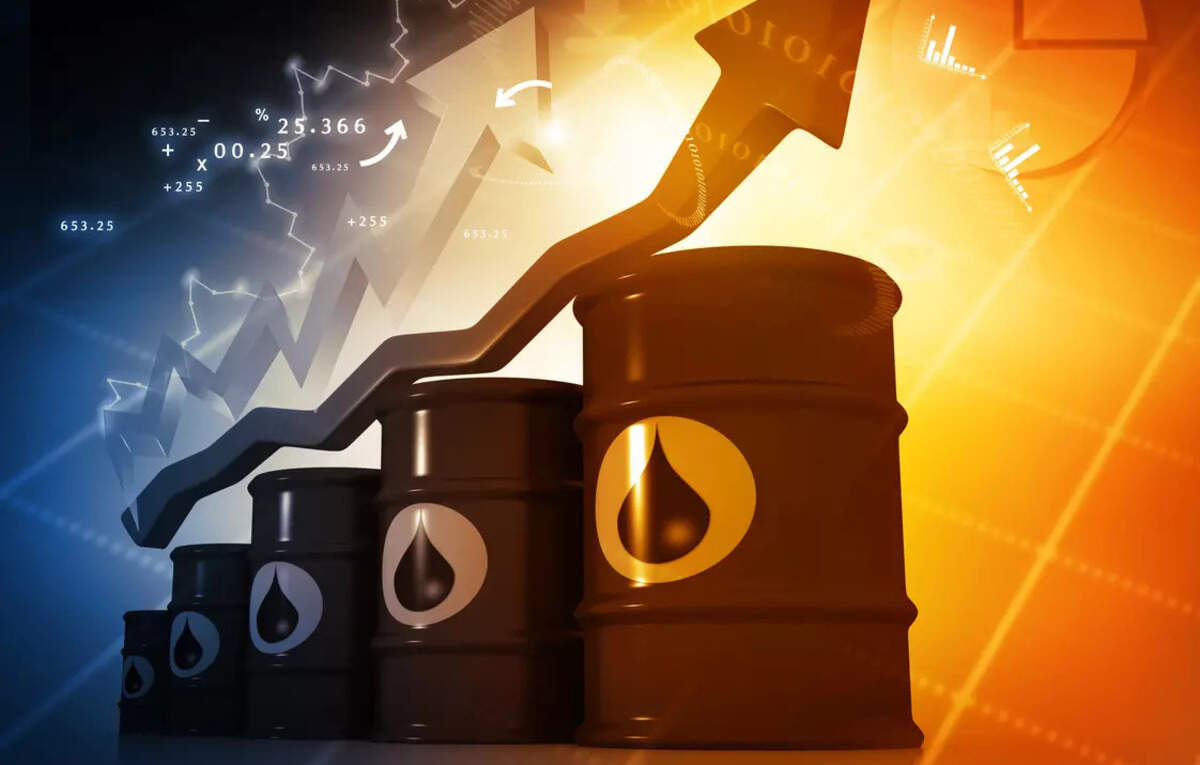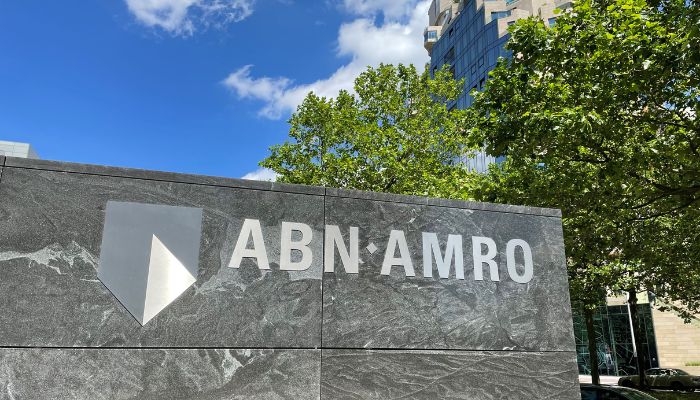Philadelphia Gas Prices: Steady Rise Predicted

Table of Contents
Factors Contributing to the Rise in Philadelphia Gas Prices
Several interconnected factors contribute to the anticipated increase in Philadelphia gas prices. Understanding these elements is crucial for preparing for the financial impact.
Global Crude Oil Prices
Fluctuations in the global crude oil market significantly impact local gas prices, including those in Philadelphia. Rising crude oil prices directly translate into higher fuel costs at the pump.
- Geopolitical Instability: Conflicts and tensions in oil-producing regions often disrupt supply chains, leading to price increases.
- OPEC Decisions: The Organization of the Petroleum Exporting Countries (OPEC) plays a significant role in regulating global oil supply. Decisions regarding production quotas directly affect crude oil prices.
- Increased Demand: Growing global demand for oil, especially from developing economies, puts upward pressure on prices.
Recent data shows a marked increase in crude oil prices over the past month, correlating with a noticeable upward trend in Philadelphia fuel costs. For instance, Brent crude oil prices increased by X% in the last month alone, directly impacting the price of gasoline in the Philadelphia area. This global trend is a major driver of rising Philadelphia gas prices.
Refinery Capacity and Production
Issues with refinery capacity and production can also contribute to higher gas prices in Philadelphia. The Philadelphia area relies on several refineries for its gasoline supply. Any disruptions in their operations can lead to shortages and increased prices.
- Refinery Maintenance: Scheduled and unscheduled maintenance at refineries can temporarily reduce gasoline production, leading to price spikes.
- Unexpected Shutdowns: Unforeseen events, such as accidents or equipment failures, can cause temporary refinery closures, impacting supply and prices.
The Philadelphia Energy Solutions refinery, for example, experienced significant challenges in recent years which illustrated the direct impact of refinery issues on local Philadelphia gas prices. Any similar events at refineries servicing the Philadelphia area can result in price hikes.
Seasonal Demand
Seasonal demand plays a significant role in gas price fluctuations. Increased driving during the warmer months, such as summer vacations and road trips, directly impacts consumption and prices.
- Summer Driving: The summer months typically witness a surge in road travel, leading to increased demand and higher gas prices.
- Holiday Travel: Holiday periods, such as Thanksgiving and Christmas, also contribute to higher seasonal demand and increased prices.
Comparing gas prices from previous years during the summer months reveals a consistent pattern of price increases during peak driving seasons. This seasonal demand is a factor that consistently impacts Philadelphia gas prices.
Taxes and Regulations
Local, state, and federal taxes and regulations contribute to the overall cost of gasoline in Philadelphia. These added costs are passed on to consumers at the pump.
- Pennsylvania Gas Taxes: Pennsylvania imposes various taxes on gasoline, adding to the final price consumers pay.
- Federal Excise Taxes: Federal excise taxes on gasoline also contribute to the overall cost.
- Environmental Regulations: Regulations aimed at reducing emissions can also indirectly affect gasoline prices.
Understanding the various components that make up the price of gas – including Pennsylvania gas taxes – allows consumers to grasp the various factors driving up Philadelphia fuel costs.
Impact of Rising Philadelphia Gas Prices on Consumers
The predicted increase in Philadelphia gas prices will have a significant impact on consumers across various aspects of their lives.
Increased Transportation Costs
Higher gas prices directly translate into increased transportation costs for commuters and businesses.
- Commuting Costs: Daily commutes become more expensive, impacting household budgets.
- Delivery Expenses: Businesses experience higher costs for transporting goods, potentially leading to increased prices for consumers.
- Transportation Inflation: Rising fuel costs contribute to overall transportation inflation, affecting various sectors of the economy.
The increased costs associated with commuting will be a direct consequence of increased Philadelphia gas prices for many residents.
Impact on Household Budgets
Rising gas prices put a strain on household finances, forcing many to adjust their spending habits.
- Reduced Spending: Consumers may reduce spending on other goods and services to accommodate higher fuel costs.
- Budget Constraints: Families on tight budgets will feel the impact most severely.
- Cost of Living Increase: Higher gas prices contribute to the overall increase in the cost of living.
Rising Philadelphia gas prices directly influence household budget constraints, forcing families to make difficult decisions about their spending.
Potential Economic Effects
The sustained increase in Philadelphia gas prices could have broader economic implications for the region.
- Impact on Businesses: Higher transportation costs can negatively impact businesses, especially those relying heavily on transportation.
- Reduced Consumer Spending: Reduced consumer spending due to higher fuel costs can slow economic growth.
- Effect on Employment: Businesses may be forced to reduce employment or limit expansion plans.
The cumulative effect of increased Philadelphia gas prices could significantly impact the overall health of the Philadelphia economy.
Philadelphia Gas Prices: Preparing for the Rise
In summary, the predicted rise in Philadelphia gas prices is driven by a confluence of factors, including rising global crude oil prices, refinery capacity issues, seasonal demand, and taxes/regulations. This steady increase is expected to continue in the coming weeks and months, impacting transportation costs, household budgets, and the overall Philadelphia economy.
To mitigate the impact of higher gas prices, consider the following:
- Improve your vehicle's fuel efficiency.
- Carpool or utilize public transportation whenever possible.
- Consolidate errands to reduce driving time.
- Consider more fuel-efficient vehicles.
Stay informed about Philadelphia gas prices and check resources like AAA, GasBuddy, and local news outlets for updated information and fuel-saving strategies. Understanding the factors driving up Philadelphia fuel costs and implementing smart strategies for fuel consumption is crucial for navigating these challenging times. Being prepared is key to managing the impact of rising gas prices in Philadelphia.

Featured Posts
-
 Ntt Multi Interconnect At Be X Ascii Jp
May 22, 2025
Ntt Multi Interconnect At Be X Ascii Jp
May 22, 2025 -
 Ozempic Counterfeit Concerns Fda Action Impacts Patient Access
May 22, 2025
Ozempic Counterfeit Concerns Fda Action Impacts Patient Access
May 22, 2025 -
 Analyse Abn Amro Kwartaalcijfers En Impact Op Aex
May 22, 2025
Analyse Abn Amro Kwartaalcijfers En Impact Op Aex
May 22, 2025 -
 Zebra Mussel Infestation Casper Residents Boat Lift
May 22, 2025
Zebra Mussel Infestation Casper Residents Boat Lift
May 22, 2025 -
 Fratii Tate Intoarcerea In Romania Si Intampinarea De Catre Fani
May 22, 2025
Fratii Tate Intoarcerea In Romania Si Intampinarea De Catre Fani
May 22, 2025
